Mozambique: Government to forge ahead with three new 'urban centres' in three provinces
Land law is being misused in Mozambique – UNAC
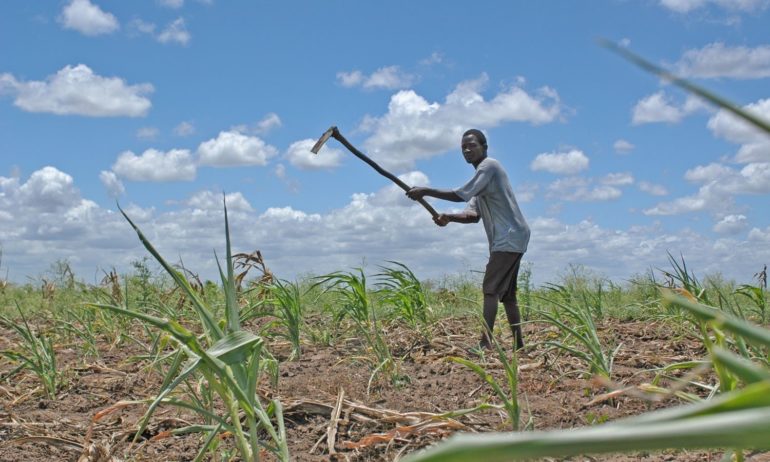
Food Tank (courtesy photo)
Law no.19 / 97, of October 1, which regulates the use of land in Mozambique, is being poorly applied, with many citizens, especially small farmers, routinely seeing their fields seized for agribusiness investments and mining industry.
So said a group of national, academic and civil society participants at the 20th anniversary commemoration of the Land Law in Maputo.
According to Luís Muchanga, of the Mozambican Farmer’s Union (UNAE), land law has frequently been violated in Mozambique, with peasants intimidated and not consulted when there agro-business or extractive industry investments are implemented in their area.
Also read: World Bank advocates change in Mozambican land law
He said it was not a matter of changing the law, but of implementing it properly.
Addressing the theme from the UNAC perspective, Inácio Manuel began by acknowledging the government’s efforts to improve peasants’ land tenure through the Terra Segura programme implemented by the Ministry of Land, Environment and Rural Development.
He pointed out some constraints in the implementation of the law, such as the occasional existence of two people with title to the same land and individuals falsely posing as community leaders at public consultations for the granting of spaces for investment.
He said there was a need for the government to register the land to avoid future conflicts and address the favouring of agribusiness interests over family farming.
The Land Law should also include mechanisms to combat the intimidation and persecution of peasants, because they all speak as one in favour of eradicating situations where peasants are encouraged to give up their land.
Agriculture Vs Extractive Industry
Regarding mineral extraction projects in the country, the current mining law gives primacy to mineral resources over agriculture, thus contradicting the constitution, which states that agriculture is the basis of development in Mozambique.
On this point, participants were unanimous in demanding a revision of mining law since, in their view, mineral resources were exhaustible and agriculture was not.
Deputy Jaime Neto of the Parliamentary Committee on Agriculture Economy and Environment acknowledged the contradiction and said that his committee was working on the revision of mining law in order to address this.
“We will improve legislation to abolish these constraints,” he said.
Meanwhile, National Director of Lands Simon Francis said that there were indeed errors in the interpretation of the Land Law, but the government had been working with the population to avoid the violation of their rights.
Also Read: Mozambique government intends to grant 5 million land titles by 2019
As an example, he pointed out the Terra Segura initiative, launched in 2015 by head of state Filipe Nyusi in the shape of a land register detailing where the land is, who occupies it and what its potential is, the data collected being entered into a land information and management system.
The timeframe for this exercise is five years, but the registration process will continue for longer.
“The achievements made during the 20 years of implementation of the Land Law can be summed up in the fact that today there is greater security in the possession of land for all of us. Today we know our rights and our obligations better,” he said.
Francisco Mucanheia, president of the Parliamentary Commission on Agriculture, Economy and Environment, said that Mozambique was widely referred to as a country known for land grabbing, associated both with major projects and the growing interest of natural persons seeking land for present and future projects.
Also Read:Mozambican Bar Association speaks out on “resettlement, land rights and food security”
Also Read: Watch: Obscure interests cause land conflicts in Mozambique, says Catholic Church



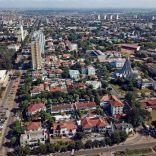
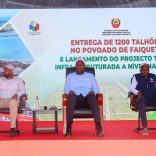
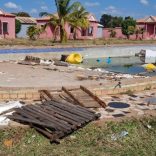

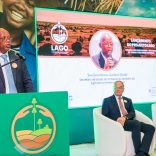




Leave a Reply
Be the First to Comment!
You must be logged in to post a comment.
You must be logged in to post a comment.